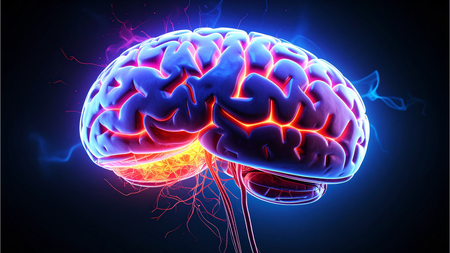New Delhi, 10 July (IANS). According to a new study, in the early years of pregnancy and childhood, exposure to lead (lead) can weaken the memory of children. This can affect their learning ability and mental development.
Researchers at the United States of Mount Sinai, USA, used a special test to assess the memory of children between 6 and 8 years old, used ‘delayed matching-to-serpent task’.
The study used a new statistical model, ‘Nonlinier Modified Power Function’, which was earlier tried on animals and humans, but is now adapted for environmental health research.
This model helps researchers see how much and how the lead affects the children’s memory. It explains difficult information in an easy and accurate way, so that it can be known what is the relationship between the volume of the lead and the speed of forgetting. This makes the researchers know how the lead can harm children’s mental development.
Research found that at the age of 4 to 6 years, the level of lead in the blood of children (about 1.7 micrograms per deciliter) is associated with rapid forgetting rates. This means that the children who had high amount of lead in their blood forgot the information given quickly. The study was published in the Journal of Science Advances.
Robert Wright, a researcher at the Ikhan School’s Environmental Medical Department, said, “Memory is very important for our ability to learn. This study shows that chemicals such as lead can harm children’s memory.”
This study opens the way to know in the future how environmental chemicals such as lead affect children’s brain’s mind, such as the ability to pay attention, the ability to decide (executive function), and the behavior associated with rewards or inspiration.
Researchers say that this study further strengthens policies to protect children from permanent losses. This means that the government and society should make policies that protect children from harmful substances like lead, such as fixing old paint or sources of contaminated water. This will protect the mental development of children and will not affect their learning ability.
-IANS
MT/KR










